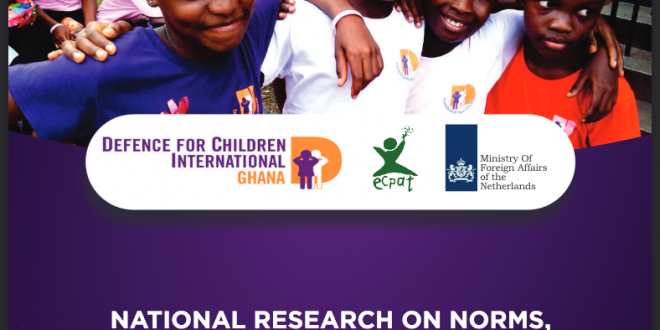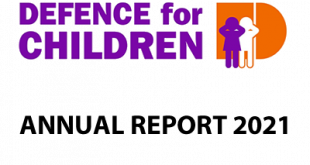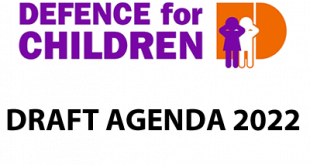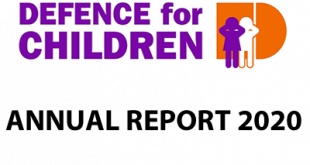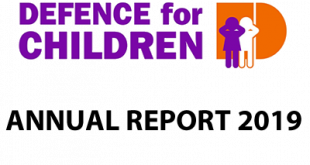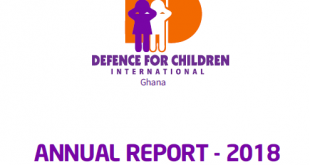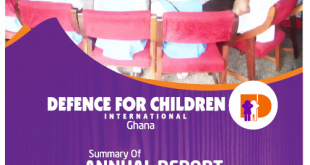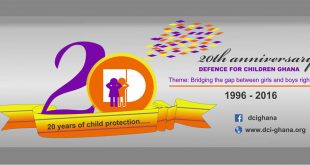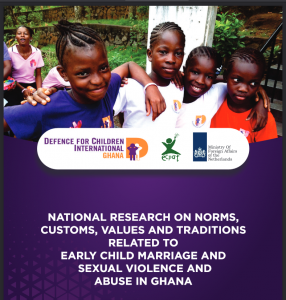 EXECUTIVE SUMMARY
EXECUTIVE SUMMARY
Ghana’s child protection system has been administered by a broad
range of laws, rules and policies aimed at preventing and responding
to all forms of violence, exploitation, and abuse against children.
Consequences of child sexual abuse can be divided into sexual health
consequences, beliefs about “destroyed innocence” and beliefs
about a “destroyed future,” which can be strongly related to the
sexual nature of the violence perpetrated (Böhm, 2017).
Despite considerable progress made toward making children’s rights
visible, protected and enforced in a variety of policies and
legislations, the reality of children’s lives remains in unadulterated
opposition to the picture the various legislations set to draw. The
reality on the ground points to an unreceptive environment for child
protection and the implementation of children’s rights especially due
to the failure of policy makers to recognize some customs, norms,
values and traditions that hinder children from enjoying their rights.
In Ghana there are legislations aimed at ensuring that children’s
rights to protection, development and care are provided by families,
communities, and by the state through its institutions and structures.
Ghana was the first country to adhere to the United Nations
Convention on the Rights of a Child (UNCRC) by ratifying the
convention in February 1990. The UNCRC is the world’s most widely
ratified human rights treaty, which sets out a basic, universal
standard for a healthy, protected, decent childhood for every human
being.
In furtherance of its avowed belief in human rights, Ghana has
comprehensively translated international legislations into various
domestic laws that seek to protect children including the Children’s
Act 1998 (Act 560), Juvenile Act 2003 (Act 653), the Human
Trafficking Act 2005 (Act 694) and the Juvenile Justice Act 2003
(Act 653) and the Domestic Violence Act 2007 (Act 732).
Defence for Children Ghana, under the Girls Advocacy Alliance
Project undertook a mapping study to gather existing data on child
protection policies, legislation and interventions, collect and
document norms, customs, values and traditions related to Child.
————DOWNLOAD FULL DOCUMENT———
 DCI-GHANA Defence for Children Internation
DCI-GHANA Defence for Children Internation
